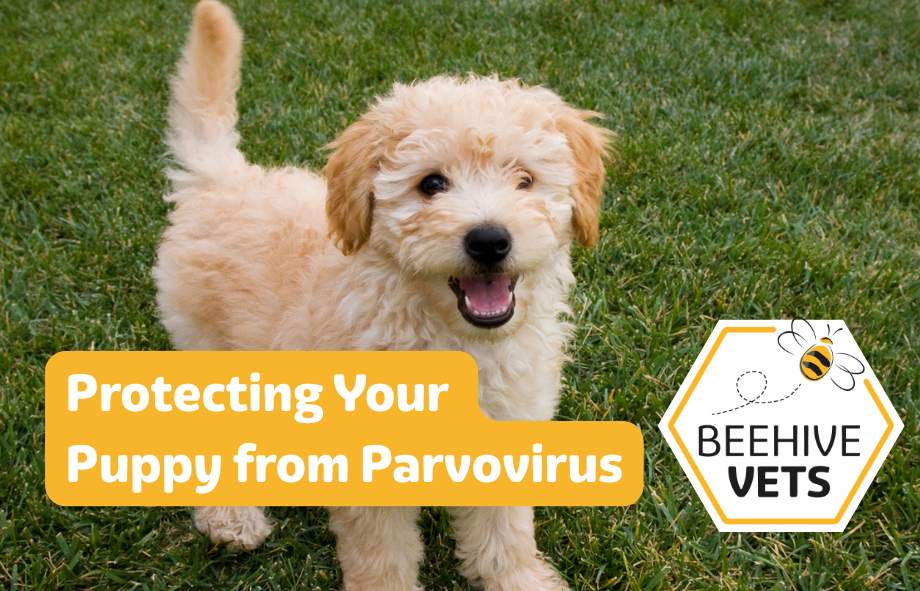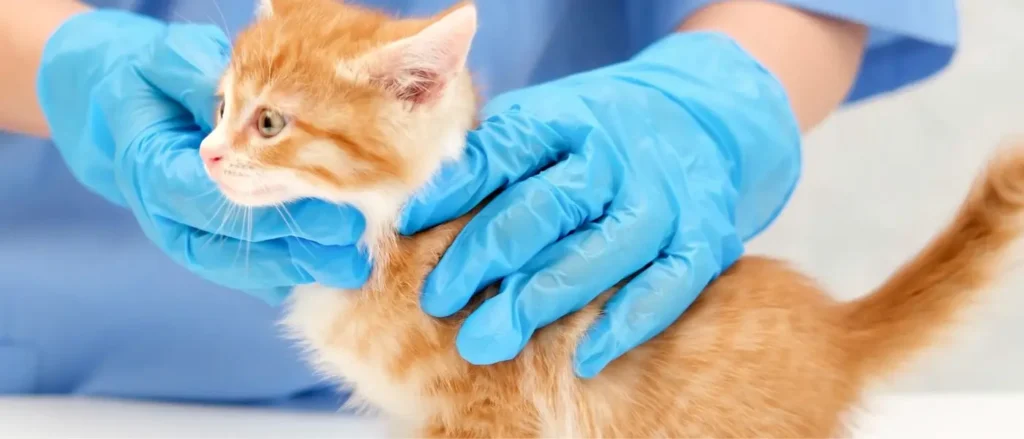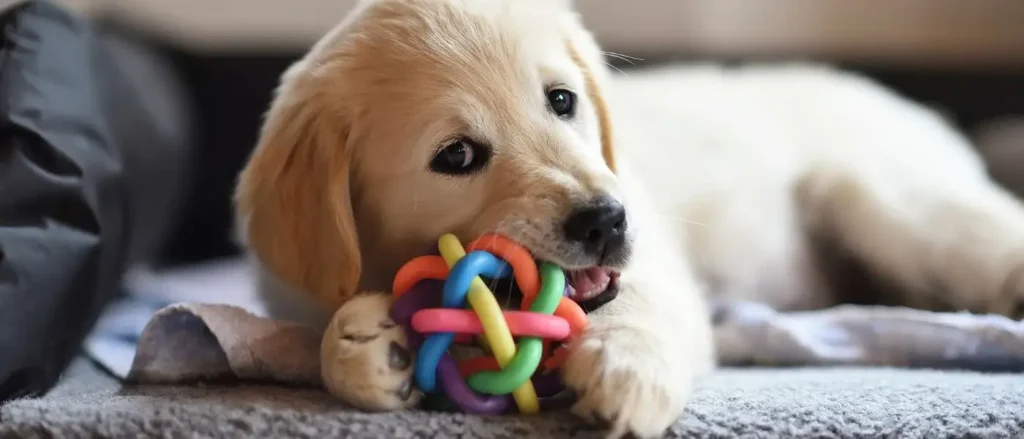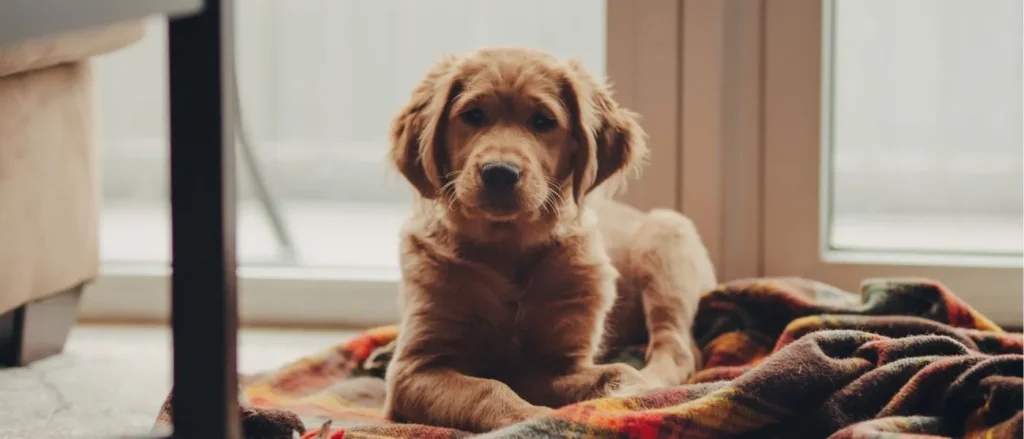Bringing home a new puppy is an exciting time, but it also comes with important responsibilities — one of the most critical being safeguarding your pup’s health.
Among the various infectious diseases that affect dogs, parvovirus stands out as particularly dangerous, especially for puppies and can be heartbreaking for both owners and vets alike.
This article aims to help new puppy owners in the UK understand what parvovirus is, how it spreads, what symptoms to look out for, and most importantly, how to prevent it.
What is parvovirus in puppies?
Canine parvovirus (CPV), often simply referred to as “parvo”, is a highly contagious viral disease that primarily affects dogs.
It attacks rapidly dividing cells in the body, particularly those in the intestines, leading to severe gastrointestinal illness.
In young puppies, it can also affect the heart, though this is less common.
What causes parvovirus in puppies?
Parvovirus in puppies is caused by canine parvovirus type 2 (CPV-2), a highly contagious virus that targets rapidly dividing cells, particularly in the intestines and bone marrow.
How does parvovirus spread?
Parvovirus is spread through direct contact with an infected dog or indirect contact with contaminated faeces, surfaces, or even human hands and clothing.
The virus is notoriously resilient — it can survive in the environment for months and is resistant to many common disinfectants.
Even a small amount of infected faecal material can carry enough viral particles to cause illness, making dog parks, kennels, and public areas risky for unvaccinated puppies.
Parvovirus symptoms in puppies
Puppies infected with parvovirus often show signs within 3–7 days of exposure.
Common symptoms include:
- Severe vomiting
- Profuse, often bloody diarrhoea
- Lethargy and weakness
- Loss of appetite
- Fever or low body temperature
- Dehydration
Parvovirus can progress rapidly and is potentially fatal without prompt veterinary treatment. If your puppy shows any of these symptoms, contact your vet immediately
Parvovirus in puppies treatment
Parvovirus is typically diagnosed through a combination of clinical signs and a faecal test. Blood tests may also be done to assess the severity of the infection and organ function.
Treatment focuses on supportive care, which may include:
- Intravenous fluids to combat dehydration
- Medication to control vomiting and diarrhoea
- Antibiotics to prevent secondary bacterial infections
- Nutritional support
Hospitalisation is often required, especially in severe cases. With early and intensive care, many puppies do recover, but the disease can be fatal even with treatment. Sadly, at Beehive Vets last year, we lost two puppies from the same house that contracted the disease and were too unwell to recover.
Can parvovirus in puppies be prevented?
The best way to protect your puppy from parvovirus is through vaccination.
Puppies typically receive their first parvovirus vaccine as part of their initial puppy vaccination course, starting around 6–8 weeks of age, with boosters given after 4 weeks.
Here’s how you can help prevent infection:
- Follow your vet’s vaccination schedule closely.
- Avoid taking your puppy to public places or allowing contact with unvaccinated dogs until fully vaccinated.
- Practice good hygiene — wash your hands after handling other dogs and clean your puppy’s environment with vet-approved disinfectants.
- Be cautious in high-risk environments such as kennels or dog parks, particularly during outbreaks.
Talk to our veterinary team today
Parvovirus is a serious disease, but with awareness and preventive care, it is largely avoidable.
As a responsible puppy owner, ensuring your pup receives their vaccinations on time and avoiding risky environments until they are protected can make all the difference.
If you ever have doubts or concerns, don’t hesitate to speak with us for advice or reassurance to ensure you are doing your best to keep your puppy safe, healthy, and happy.
If you remember just one thing from this article, let it be Vet Luke’s advice: ‘Parvovirus is a deadly disease that’s incredibly hard to treat—but the good news is, it’s easily preventable with safe and effective vaccination”.
For more advice on vaccinations and puppy care call us at Beehive Vets on 0113 824 2700 to speak to one of the team.






